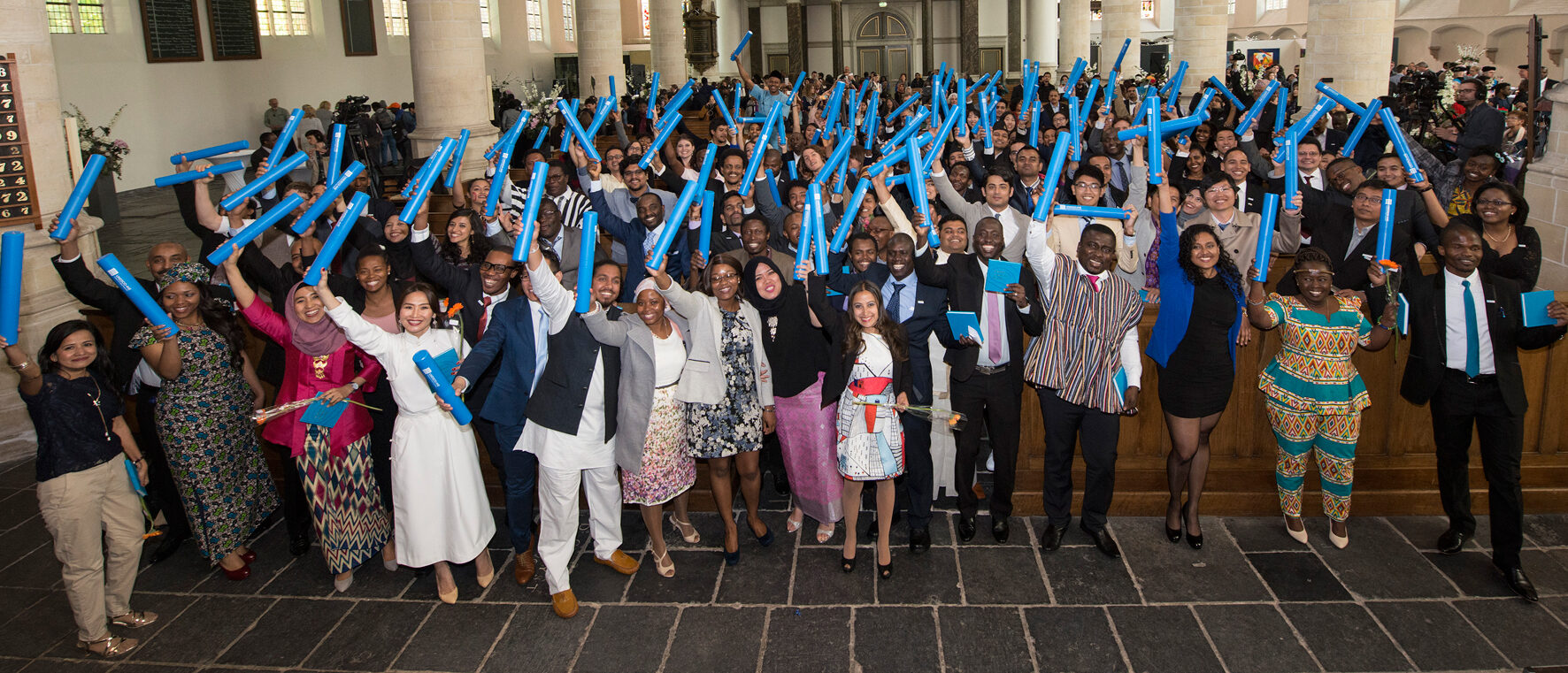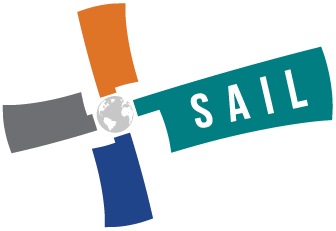
What is SAIL?
SAIL is a platform where Dutch internationally oriented organizations who focus on international higher education, research and capacity building come together. The platform addresses the generation and dissemination of knowledge on inclusive sustainable development with a specific focus on the Global South and emerging economies. SAIL institutes facilitate the bridging of knowledge between the North and the South, the South and the South and the North and the North. SAIL enhances in this way the capacities of people, organizations and institutions, an contributes to the creation of a more just and sustainable world.
The SAIL institutes are:
- African Studies Centre Leiden (ASCL),
- Faculty of Geo Information Science and Earth Observation (ITC) of the University of Twente,
- Institute for Water Education (IHE Delft),
- Institute of Housing and Urban Development Studies (IHS) of Erasmus University Rotterdam,
- International Institute of Social Studies (ISS/EUR) of Erasmus University Rotterdam,
- Maastricht School of Management (MSM), and
- Royal Tropical Institute (KIT).
The platform brings together experts from seven leading Dutch universities and knowledge centres, with backgrounds in international social policy development, global sustainable water development, international spatial development, international housing development and sustainable local economic development and management. SAIL forms a community of academics and practitioners from around the world, who contribute to the field in multiple ways. The more than 66,000 SAIL alumni make up a large part of this network. SAIL co-creates synergies and makes sure existing resources become more than the sum of their parts.
As such, SAIL is strong knowledge community, which is unique in The Netherlands.
The educators, researchers and practitioners of SAIL combine thorough knowledge of development and sustainability with a sound understanding of the complex set of problems that many countries face today. The platform is active in:
- Research and Education; Our research and education are cross sectoral with a focus on societal impact. They often combine findings from areas in economics, development studies, sociology, water resources management, agriculture, business administration, political science, spatial planning and management and health management at the local level with global data, thus enhancing the understanding of the relationship between globalization and sustainable development. Our research and education often take a multidisciplinary approach and may have either a country perspective, or a focus on supply chains, sectors, or specific topics, such as environmental, social and health issues.
- Capacity building through training and consulting; Translating cutting-edge knowledge into practical solutions and new insights for management practices, policy and business development, social transformation, international cooperation and local knowledge infrastructure. This applies particularly to countries where restructuring, reform and privatization processes require the transfer of knowledge and expertise. SAIL closely cooperates in this endeavour with its local partners and its alumni network to build on indigenous experience and local knowledge, taking into account the particular circumstances in the region/country concerned. For examples, see the websites of the SAIL institutions.
- Partnership building; SAIL operates as a platform for knowledge transfer, and for exchanges between and among governments, international organizations, MNEs, SMEs, CSOs and other stakeholders from North and South. This is undertaken in specific projects or in a more general way through e.g. workshops and conferences. Partnerships, generally of a long-term nature, are built by combining research expertise with experience in training and consulting. In this process, SAIL pays attention to the opportunities of international, regional and local partnerships, but also to the dilemmas and potential pitfalls involved. The already existing international network of the platform is vital in the further development of this partnership function.
SAIL leadership
SAIL is led by Ruard Ganzevoort, who serves as the Director of SAIL. In addition to his leadership role, he is Rector and Professor of Lived Religion and Development at the International Institute of Social Studies in The Hague (part of Erasmus University Rotterdam).
Image: copyright © Institute for Water Education
